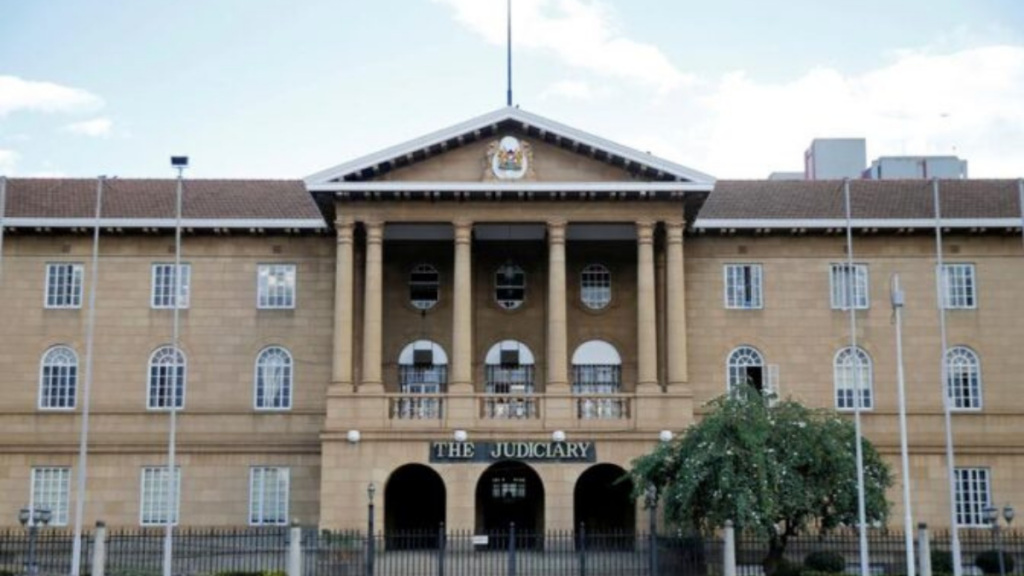Last updated on October 16th, 2023 at 09:12 am
A large group of Kenyan Muslims gathered in front of the Supreme Court after Friday prayers to protest against a recent decision that upheld the right of LGBTQ groups to form non-governmental organizations (NGOs). The protestors, carrying placards, expressed their anger towards what they called “neo-colonialists” and condemned homosexuality as immoral. They demanded the resignation and repentance of the three justices who allowed LGBT groups to organize.
The three justices ruled that the Non-Governmental Organization Board had discriminated against an LGBTQ group by refusing to register their association. However, two other judges dissented, arguing that same-sex relationships are illegal in Kenya, so there could be no discrimination. This decision outraged conservatives, who deemed it dangerous. Kenyan President William Ruto acknowledged that the country’s laws, culture, and religions do not accept same-sex relationships but stated his respect for the Supreme Court’s decision. On the other hand, Parliamentarian Mohamed Ali voiced his disappointment, emphasizing that Kenya is a religious country and that Islam and Christianity oppose homosexuality, while the country’s constitution does not recognize same-sex marriages.
Some anti-LGBTQ demonstrators are planning a march to the Kenyan parliament in support of a proposed bill that seeks to further criminalize same-sex relations, with certain cases carrying potential jail terms of up to 50 years. The bill, submitted by lawmaker Peter Kaluma, mirrors a recently passed law in neighboring Uganda, which prescribed the death penalty for same-sex relations involving minors or vulnerable individuals or if the accused is HIV-positive.
Homosexuality remains illegal in most East African countries, with Uganda’s legislation being particularly stringent. The western influence upon the governments of East African countries is clear, and the result is the erosion of cultures based upon religion and traditional values.
